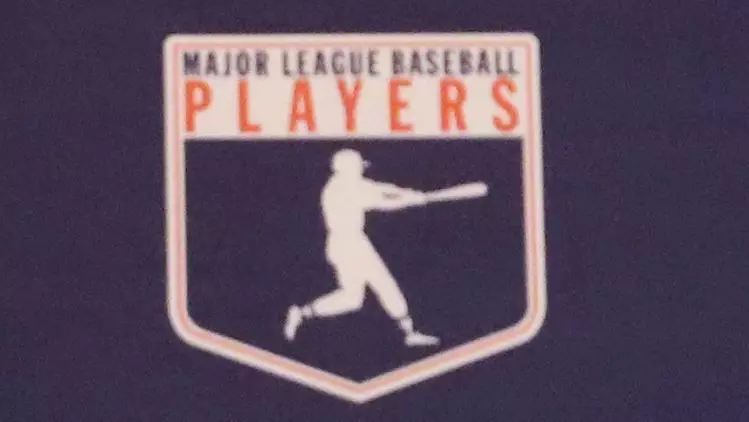In the world of professional sports, trust is paramount, and when it crumbles, it tends to send shockwaves through the industry. Recent events surrounding the FBI’s inquiries into financial dealings connected to the multibillion-dollar group-licensing firm OneTeam Partners have raised eyebrows and ignited further scrutiny of Major League Baseball (MLB) and National Football League (NFL) players. As reports emerge of federal agents reaching out to prominent players and union leaders, the atmosphere is thick with questions about ethics, accountability, and the integrity of athletes we hold in high esteem.
The investigation, as reported by various reliable sources, is not aimed at the players themselves but rather probes deeply into the financial dealings and partnerships that have flourished under the auspices of OneTeam. Founded in 2019 by the NFL Players Association (NFLPA) and the Major League Baseball Players Association (MLBPA) in conjunction with investment firm RedBird Capital, OneTeam has transformed how athletes monetize their names, images, and likenesses. This ingenious initiative kicked off a lucrative journey, outlining a new frontier for athletes to capitalize on their personal brands.
A Financial Titan on Shaky Ground?
OneTeam’s meteoric rise in valuation, reaching approximately $1.9 billion by 2022, has become a gold mine for both the NFLPA and MLBPA. This financial influx seems to paint a picture of prosperity. However, wealth can cast long shadows, and scrutiny often follows lucrative partnerships. Concerns recently emerged around alleged practices of nepotism, corruption, and mismanagement following an anonymous complaint filed with the National Labor Relations Board (NLRB). Such allegations have a propensity to undermine the players’ unions and shake their foundational trust.
The FBI’s inquiries into members of union leadership underscore this precarious balance between ambition and ethical responsibility. While these players are not targets, the probing into OneTeam’s dealings broadens the narrative from sheer profitability to systemic accountability. Players themselves may find this situation troubling, prompting reflection on the implications of their affiliations with any organizations that attract unwanted attention. The broader lesson here is that partnerships can either bolster or tarnish reputations, and those in positions of leadership must navigate these waters carefully.
Reactions and Responses from Union Leadership
OneTeam has affirmed its cooperation with the ongoing investigation in its public statements, yet this does little to quell the unease felt by athletes caught in the riptide of these revelations. Union executives, while claiming not to have been approached by federal agents, maintain that an unwavering commitment to full cooperation is crucial. It raises an interesting conundrum: How much transparency is too much when seeking the truth? The balance between confidentiality and accountability is a delicate tightrope for union executives.
Personal narratives surrounding the leadership of the unions also weigh on public perception. Tony Clark, the longstanding executive director of the MLBPA, holds a prominent position on OneTeam’s board, and questions about “improper” self-benefit regarding equity ownership have emerged. The intertwining of personal interests and professional obligations can create a potential conflict that leaves members questioning their leaders’ intentions. Such scrutiny can propel healthy dialogue, but when combined with allegations of mismanagement, it can lead to public relations disasters.
Striving for Transparency Amidst Confidentiality
Amid these high-stakes dealings and convoluted relationships, it is refreshing to see a prior independent audit deemed the NFLPA’s alignment with OneTeam as compliant with best governance practices. Transparency in financial matters is critical, especially for players who may not be as knowledgeable about the intricacies of these operations. It is imperative that player leaders prioritize clarity and open lines of communication with their constituents, who rightfully expect ethical stewardship of their interests.
The winds of change are evident as lawyers are now associated with the players’ leadership, augmenting their ability to navigate the complexities of these investigations. While players remain focused on their careers, they deserve assurance that their unions operate with the highest ethical standards. They should not be left with lingering doubts over the transparency of how their unions are conducting business or distributing funds.
Overall, those within the major sports organizations must seize this moment as an opportunity to strengthen governance and restore faith in their leadership. This ongoing investigation needs to be viewed not just as a threat, but also as a chance for the MLBPA and NFLPA to demonstrate their commitment to integrity by proactively addressing these issues, reassuring their members that they are dedicated to ethical practices that not only protect athlete interests but improve the reputation of their organizations for decades to come.

